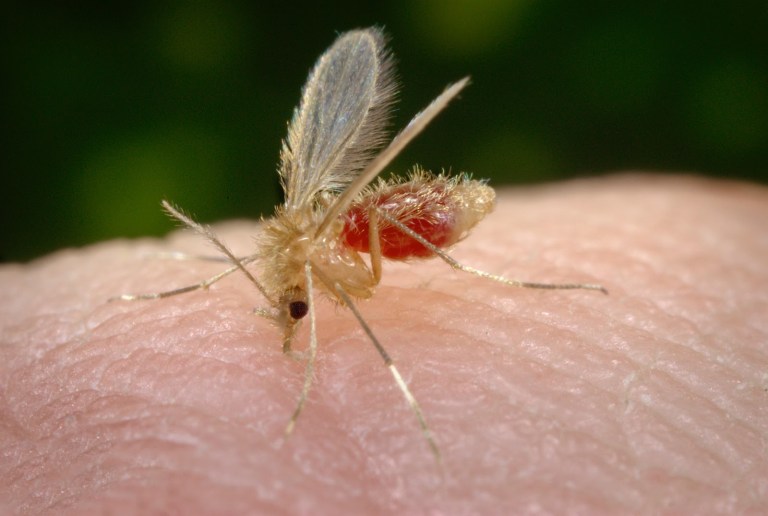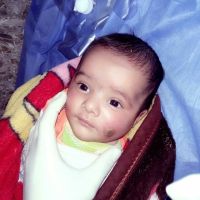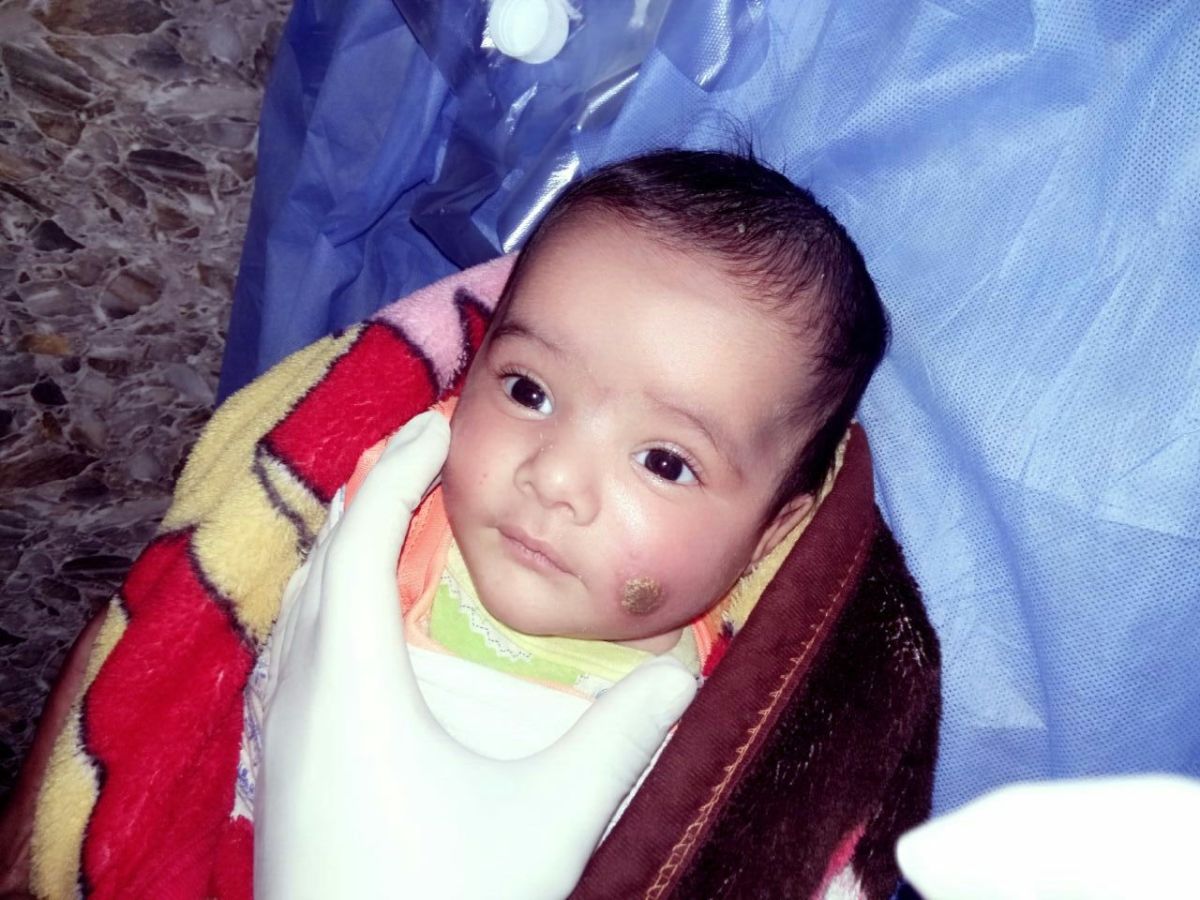You’d be hard-pressed to notice a sandfly bite you, they’re so small—only a third of the size of a mosquito. And yet, it’s responsible for one of the most common conditions treated in our medical clinics across Iraq. If you happen to get bitten by an infected fly: days, months, or years later when your immunity is low, you will develop large scarring ulcers.
The condition is called Leishmaniasis, and the doctors you fund in Iraq see this disease often in the displaced families they serve.

When infected female sandfly bites (just like mosquitoes, only the females bite) they transfer microscopic parasites into the skin. And it’s actually these parasites, which breed unseen under the skin, that do the damage.
The form of the disease found here in Iraq is rarely life-threatening, but left untreated it causes deep scars that last for life.

According to the World Health Organization, the major risk factors for contracting Leishmaniasis perfectly align with the families we serve:
- Poverty, including poor housing and sanitation conditions, overcrowded conditions, and sleeping on the ground.
- Malnutrition and a related weak immune system.
- Population migration.
- Rural living and being active outside at dusk (the very best time for kids to play outside in the hottest weather.)
When this sweet girl came into one of our clinics recently, Dr. Mustafa knew immediately that she didn’t have a birthmark on her face. It had all the telltale signs of a Leishmaniasis ulcer, and without medical intervention it would continue to grow. Dr. Mustafa also knew he didn’t want this girl to suffer with scarring her whole life.
Treating Leishmaniasis isn’t complicated, but it does require special skills and knowledge to diagnose and treat it with an injection of medicine directly into the ulcer. Every doctor we met who works in remote, or displacement camp clinics lists this disease as a common ailment.
Unfortunately, many displaced families don’t seek treatment, either because in the wake of ISIS there is no medical help available where they live, or they can’t afford the treatment.
This is where you step in.
You fund clinics in areas like Baiji, where displaced families are moving home to rebuild bombed out communities without functioning hospitals.
In Mosul, you renovated old, bombed-out clinics, put doctors and support staff in place, and are providing fully operational clinics until the government is able to take them over.
Helping families earn an income through small business grants and providing emergency food aid to still-at-risk communities, also helps combat diseases like Leishmaniasis by fighting malnutrition and making sure families have the necessary funds to seek out medical treatment.
By placing clinics and doctors in the areas where they are most needed, you’re creating a healthcare bridge between war zones and rebuilt communities.
This kind of thoughtful and intentional clinic placement enable highly trained medical professionals like Dr. Mustafa to get patients like this little girl the medicine they need, when they’ve got nowhere else to go.
The internal scars of war and displacement are profound enough, these families don’t need to wear scars on the outside too. Thank you for showing up for them.


